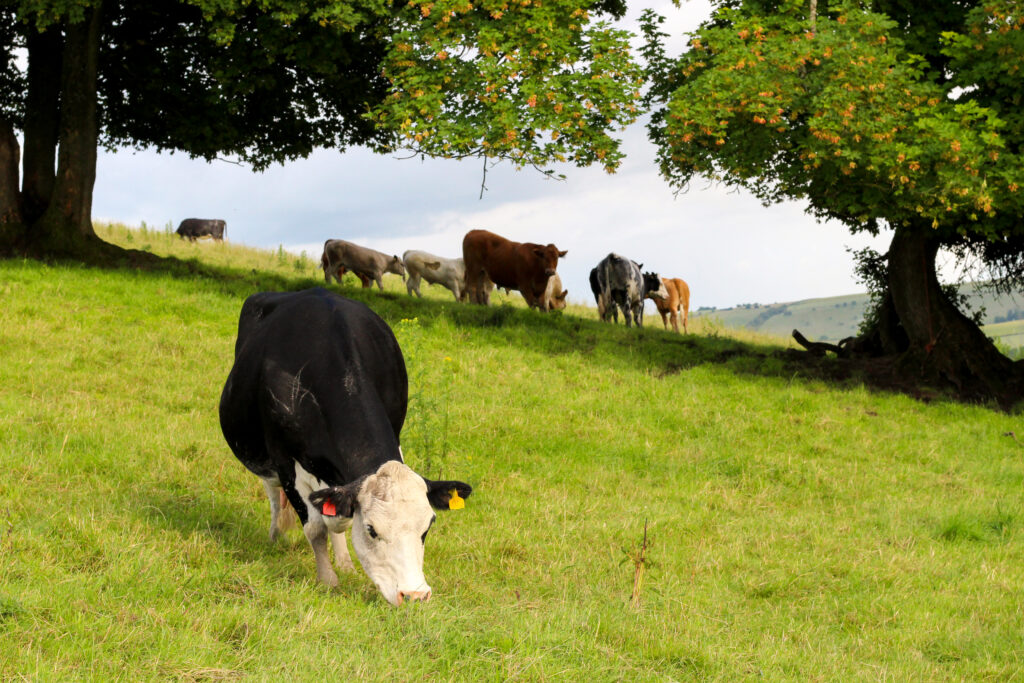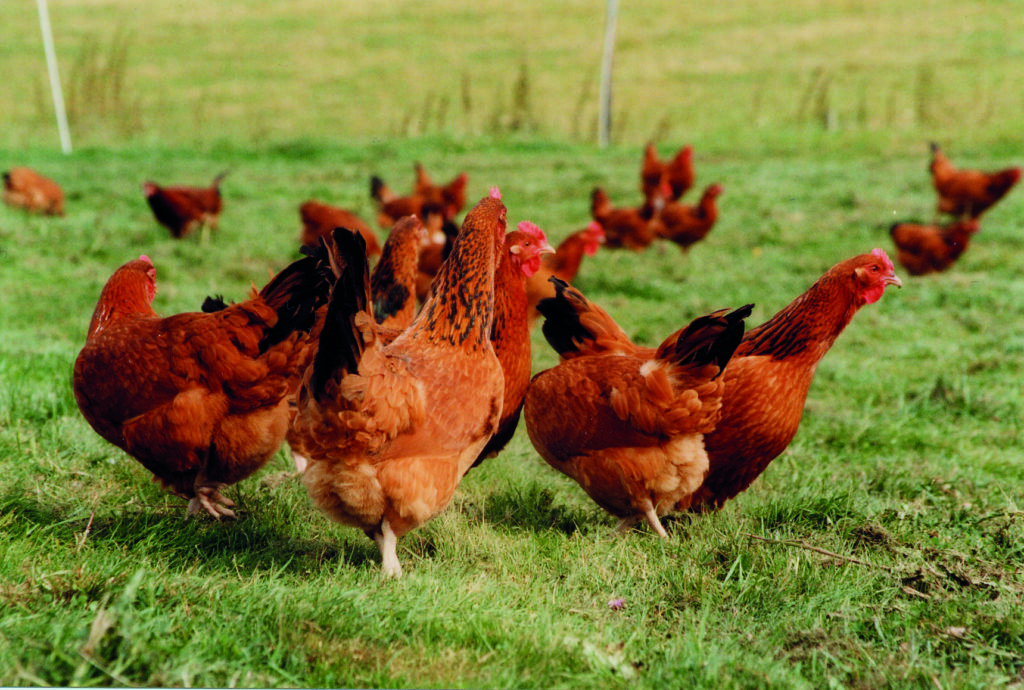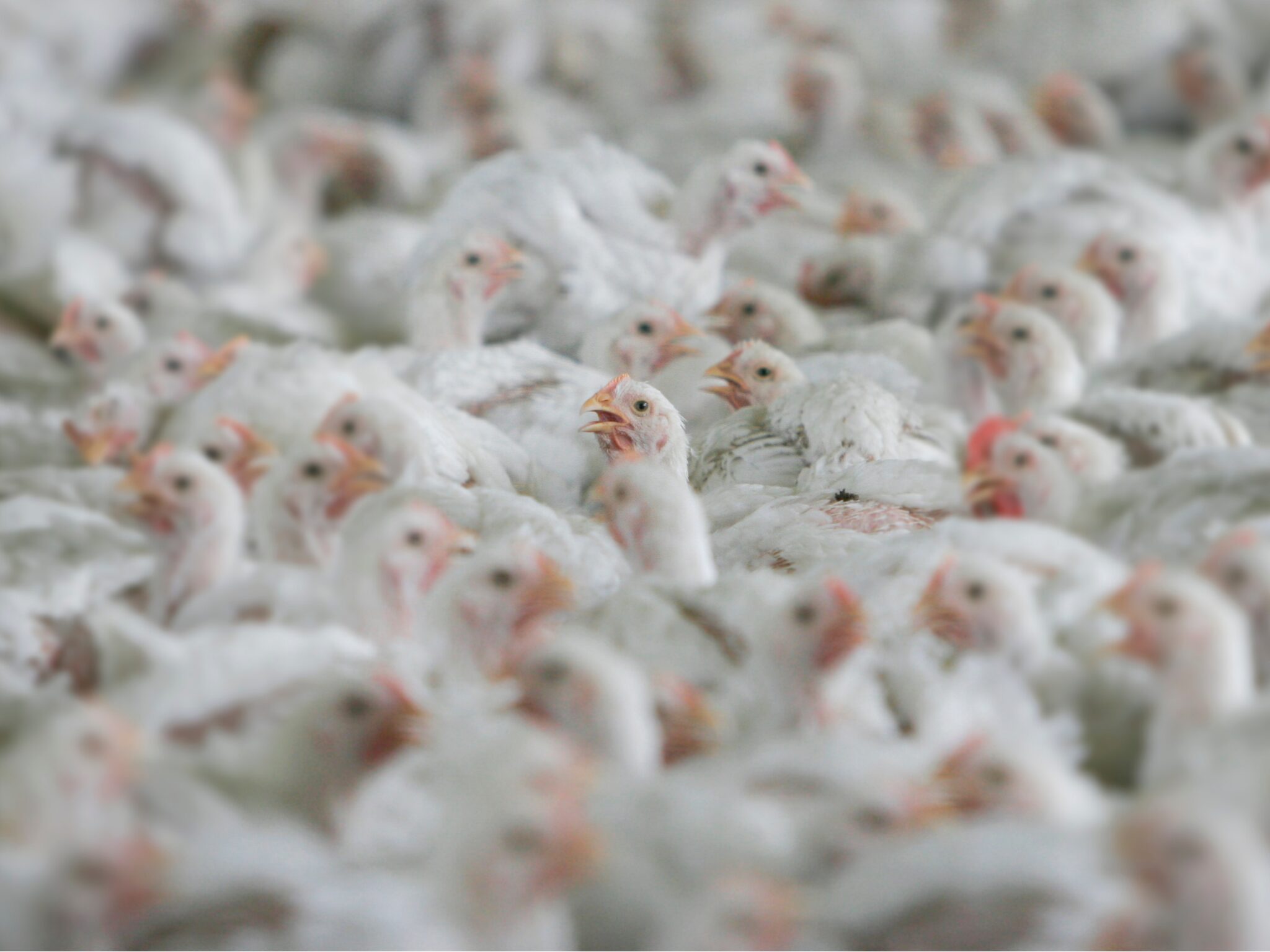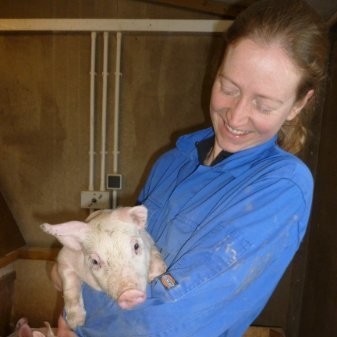Op-Ed: Increasing Animal Cruelty is Not the Answer to Climate Change
4 Mins Read
Dr Sarah Ison, head of research at animal advocacy group Compassion in World Farming, makes her case for why simply moving to lower-emitting animals isn’t the climate solution we need from our food system.
In recent years, the agriculture industry has been pushing the ‘sustainable intensification’ of livestock farming to justify the continuous production of high volumes of meat and dairy while meeting self-determined climate targets.
However, this ‘intensification’ – which involves increasing the number of animals farmed and rearing them in closer confinement – will not only cause more animal suffering, it also fails to address many of the environmental problems caused by intensive animal farming such as deforestation and wildlife loss.
A recent Harvard University report, Options for a Paris-Compliant Livestock Sector, shows that an overwhelming proportion of the world’s leading climate, food and agriculture scientists do not see intensification as a solution to tackling the climate crisis.
Published last month, the survey asked more than 210 world-renowned scientists for their view on the role of the livestock sector in reducing greenhouse gas emissions. Almost 80% agreed that reducing greenhouse gas emissions from the livestock sector in high-income countries should not be achieved at the cost of animal welfare. The majority indicated little to no contribution of intensification, characterised by “increasing stocking rates of animals, including more animals per shed, or more animals per unit of production”.
Instead, experts ranked reducing the consumption of animal products (90%) and reducing the number of animals (87%) as actions with the biggest contribution. The largest proportion of experts agreed that efforts to reduce emissions from the livestock sector should not result in an increased number of farmed animals – yet this is what would happen if cattle were replaced with chicken and fish.
Crucially, these were not just any scientists. They were the scientists who have contributed to major climate and agriculture reports, including those from the UN Intergovernmental Panel on Climate Change (IPCC), the UNEP and the FAO. They’re the experts who provide the guidance and evidence base for policymakers to decide what’s needed to stay within planetary boundaries, and safeguard public health and the welfare of billions of animals.
Nothing but a purposeful distraction

The consensus of the experts in this Harvard study to reject intensification and consider animal welfare is reassuring. The ‘sustainable intensification’ option is a purposeful distraction and is simply inadequate as it fails to tackle so many other environmental and health problems that confining animals in small spaces creates. These include the increased risk of the emergence of viruses like influenza-A (swine and bird flu), its contribution to antibiotic resistance in people, as well as wildlife loss and deforestation for land used to produce animal feeds.
Almost all of the experts (92%) agreed that reducing emissions from the livestock sector is important to limiting temperatures to a maximum of 2°C above pre-industrial levels.
The FAO’s Global Roadmap, launched during COP28, contains 10 clear actions on healthy diets, starting with improving dietary guidelines to include environmental considerations. These actions will no doubt improve the emissions reduction potential of changing diets than what is currently in the FAO’s Pathways to Lower Emissions report released earlier. This report, as it stands, is unambitious and based on dietary guidelines that lack consideration for environmental sustainability.
Another action outlined in the roadmap is to move from higher- to lower-emitting animals, meaning from cattle to chickens or fish. While this might seem useful in the short term, more focus must be given to changing diets. Increasing the total number of sentient beings – particularly chickens, pigs and fish who endure the greatest suffering on factory farms – must be avoided.
The climate fight needs a radical transformation

The UNEP’s new Frontiers report, What’s Cooking?, gives a clear indication of the potential benefits of novel alternatives to conventional animal products, including alleviating the suffering of billions of sentient animals in cages and confinement on factory farms. These alternative proteins must be encouraged in favour of intensification and increasing the number of animals if we are to truly transform our food system for the long-term benefit of us all.
At COP28, a declaration was also launched on sustainable agriculture, resilient food systems, and climate action. It now has the support of 159 countries, and over 200 Non-State Actors (including farmers and fishers, businesses, cities, civil society, consumers and all those engaged in food systems) – who signed a call to action for food systems transformation. And, for the first time at the conference, a whole thematic day was dedicated to food, agriculture and water.
While momentum towards action is building, it is needed now to tackle the climate crisis. The approach that not only helps tackle the climate crisis, but also improves human, animal and planetary health, is phasing out factory farming and moving to high welfare, regenerative, nature-positive farming alongside innovative alternatives to conventional animal products. This would improve animal health, reduce the risk of diseases that harm both animals and people, help preserve antibiotics for human use, and substantially decrease biodiversity loss as well as deforestation.
Only a holistic and radical transformation will be enough to tackle the climate issue and secure a healthy future for all, before it’s too late.





